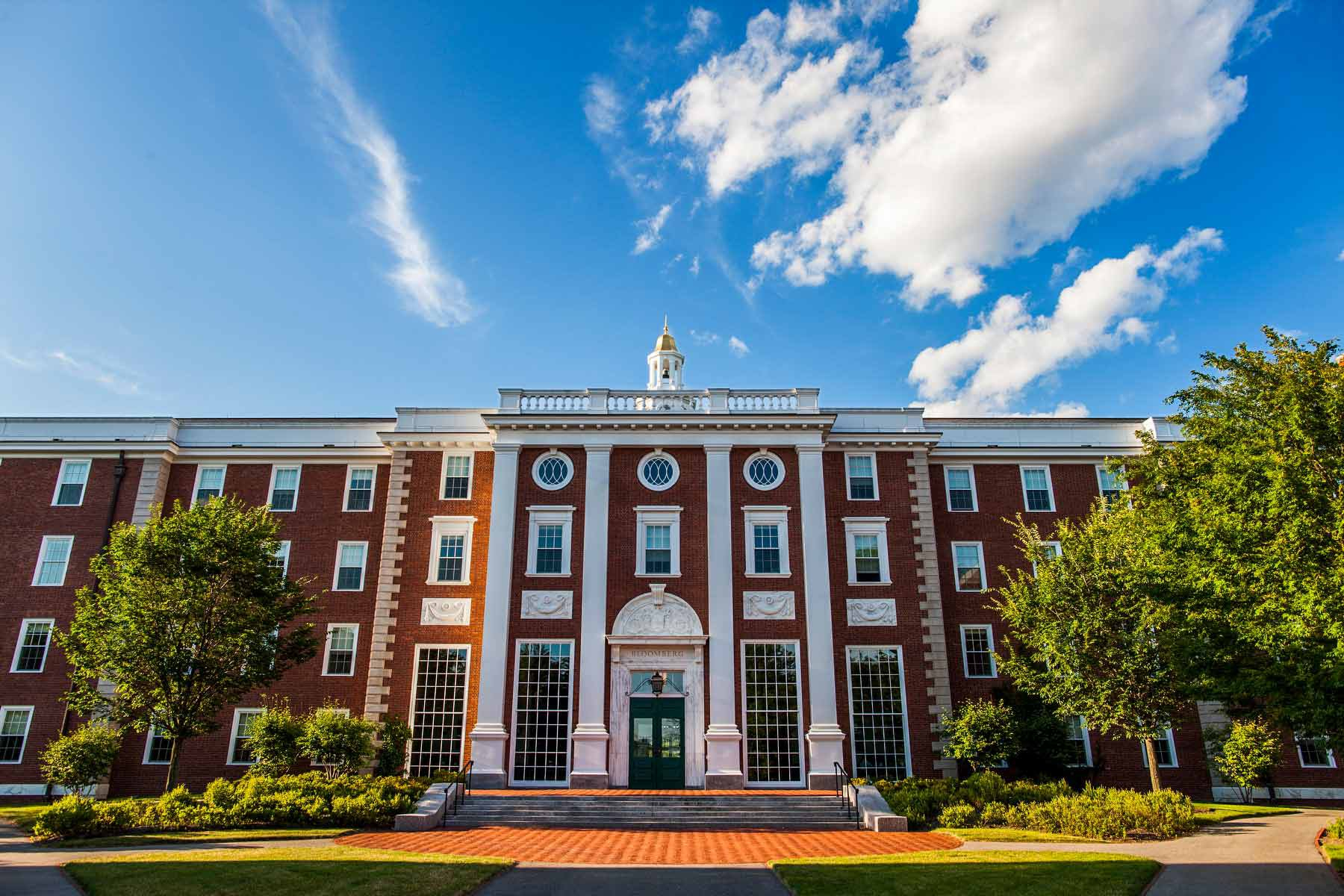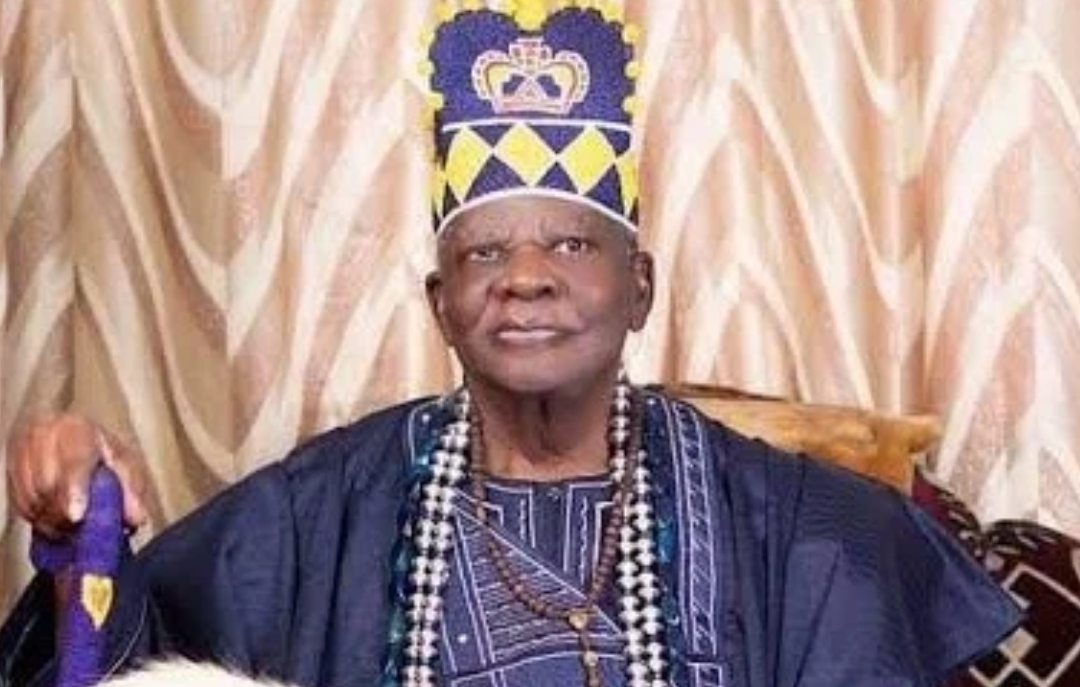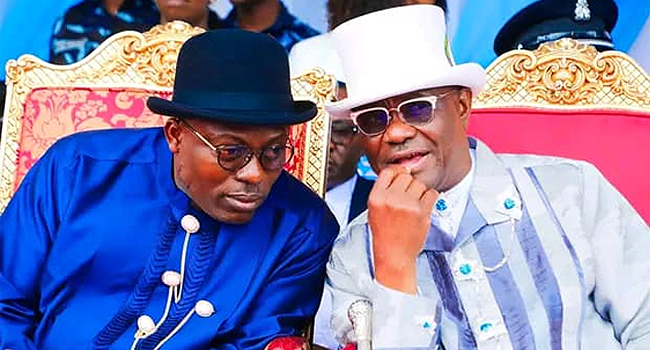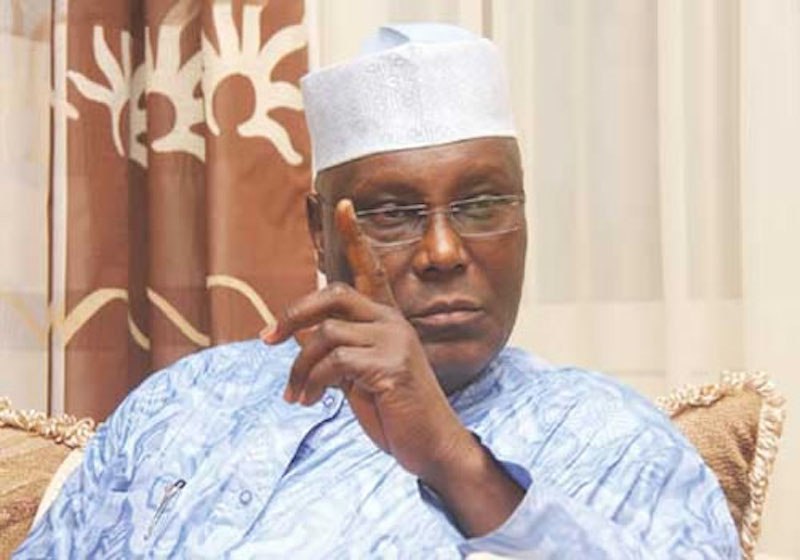By Eric Elezuo
One of America’s revered and highbrow institutions of higher learning, Harvard Business School, has always been known for its high standard, discipline, competence, and above all fairness. As a result, scholars and would-be scholars, have found in it a haven, capable of meeting all their academic needs and more.
The oldest institution of higher education in the United States of America, and established in 1636, September 8, to be precise, Harvard has lived up to its billing, producing high flying entrepreneurs, industrialists, inventors, great thinkers, political leaders among a great deal of other achievers. Harvard’s academic programmes have cut across board, accommodating all and sundry without discrimination, or that was the case before the presently ravaging Coronavirus pandemic set in.
From the look of things, it appears that the much celebrated and cherished fairness associated with the great institution is gradually fading as its stand on Africans desiring to procure post COVID-19 online studies has become suspicious, and putting to question its years of championing academic excellence globally.
The institution has made a turnaround to charge African students a whopping sum of $999, for online courses which are hitherto free of charge.
Yes, the entrepreneurship course takes an interdisciplinary approach to building scalable businesses to suit Africa, as it is noted to have complex and unique business opportunities. However, the stand to charge close to a thousand dollars for a programme that use to be absolutely free is beyond comprehension. And the fact that it targets only Africans gives it no other name than discriminatory.
It is on record that diverse organisations, including institutions, are doing as much as possible to see how individuals can be reintegrated into the society and the economy, by waving certain services and reducing cost. In the same vein, Harvard’s course will lose next to nothing if it remains as free as it has always been.
Without mincing words, this is a period where palliatives have become the order of day, especially to the continent of Africa, whose countries have been touted as third world or either developing or undeveloped. It is therefore, a crime against humanity if the recovering Africans should be singled out and charged about a thousand dollars for something that was absolutely free initially.
The management of Harvard must understand that this is a season of palliatives, and rescind its decision to levy such huge amount on hapless African scholars.
Scheduled to kick off on August 17, 2020, Harvard Business School professors have concluded plans to launch a new online course to teach entrepreneurs how to build scalable businesses designed to solve core problems in Africa.
They informed that unlike other business courses, the aforementioned is programmed to focus on identifying points of opportunity for smart entrepreneurial efforts through live online lectures, peer-to-peer learning, and real-life lessons incorporated into participants’ own business plan.
The six weeks course, which will be anchored by Harvard Business School Professors, Tarun Khanna, Caroline Elkins and Karim Lakhani, will teach participants how Africa-specific trends impact the opportunities and challenges in undertaking entrepreneurship ventures on the continent.
It will further examine the nuances that render Africa unique in today’s emerging market landscape, and the similarities that can be drawn from the world’s other fast-moving emerging economies, using a series of time-tested lecture content and active reading assignments.
Each week participants engage with course content and readings, and the week ends with a live webinar section that includes HBS faculty and leaders from the African business community. In addition, each participant has the option to participate in the course’s week-by-week business plan development process. Business plan development will culminate with such participants having an opportunity to submit a business plan.
A verified certificate from HarvardX, Harvard University’s online learning platform will be awarded successful participants.
The lofty ideas associated with the course are no different from the known standard of the great institution, but charging Africans a whopping amount of $1000 at a time they should be giving palliatives, speaks of high level discrimination, and necessitates the question, is Harvard discriminating against Africans?
Harvard’s intentions at discrimination becomes more suspicious when it is considered that it was President Derek Bok of Harvard, who in 1970 searched for, and found a great African historian, Professor Kenneth Dike, and brought him to Harvard to teach African history.
But 50 years after, the same Harvard University is unable to find an African to teach an online course on entrepreneurship in Africa. But Harvard, in the middle of an anti-racist campaign, assembles one white American and two Indian Americans to teach this course on Africa. How ridiculous! As brilliant as the professors are, it is highly unlikely that they possess much knowledge and experience to better a native African. Even the great management consultants, Mckinseys, found Africans to advise Africans on how to scale businesses in Africa.
Harvard has been in the habit of using so called Africa experts who know little on Africa to teach young Africans. This is wrong!
For Harvard to launch a course on entrepreneurship that was hitherto free, and try selling it to young Africans for 999 dollars at this time, does not reflect the values expected of them. Harvard must understand that if 999 dollars mean nothing to an American, it means a lot to a young African seeking to stay safe and socially distance in the midst of a collapsing economy.
TIME IS NOW FOR HARVARD TO REVERSE THE POLICY, AND RETURN AFRICANS TO FREE MODE FOR THIS IS ABSOLUTELY NOT THE BEST TIME FOR THE INTRODUCTION OF THE DISCRIMINATORY FEE.
References:
https://www.edx.org/course/africalive-entrepreneurship-in-emerging-economies
https://m.guardian.ng/apo-press-releases/new-online-course-from-harvard-teaches-africans-how-to-build-scalable-businesses-to-solve-african-problems/

 Sports2 days ago
Sports2 days ago
 News5 days ago
News5 days ago
 News5 days ago
News5 days ago
 The Oracle4 days ago
The Oracle4 days ago
 Opinion3 days ago
Opinion3 days ago
 National5 days ago
National5 days ago
 Featured4 days ago
Featured4 days ago
 Headline5 days ago
Headline5 days ago












